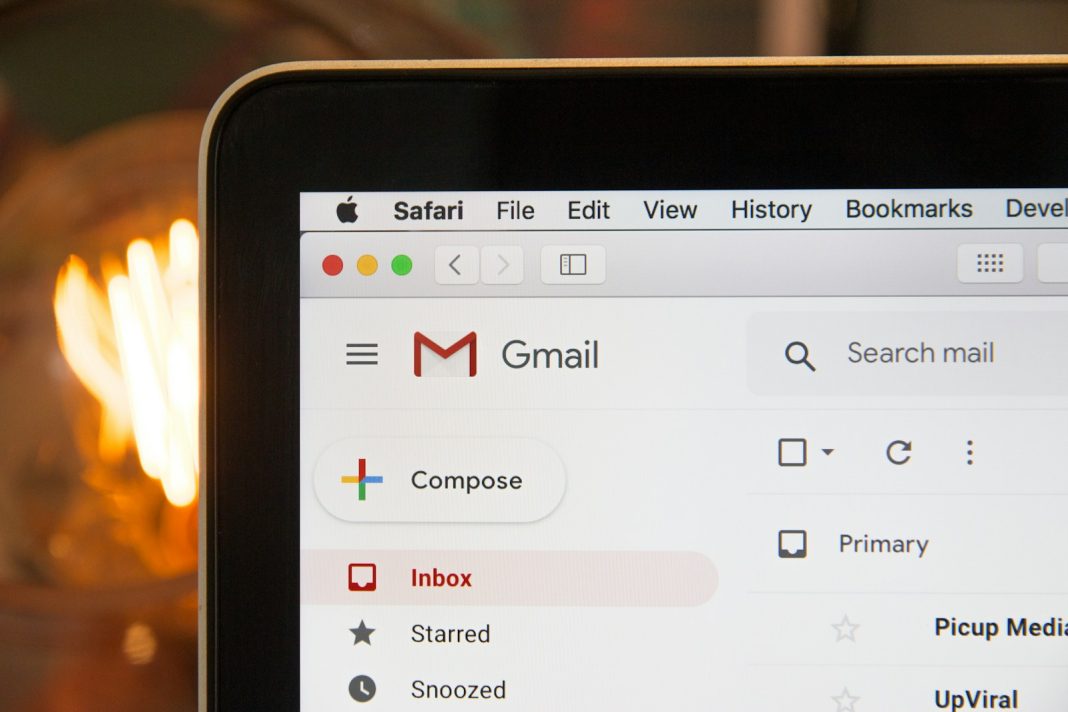In today’s digital era, email remains a fundamental tool for communication, whether for personal correspondence, professional interactions, or managing subscriptions and accounts. While premium email services often promise enhanced privacy and features, there exists a robust selection of free alternatives that cater to diverse needs and preferences. Here’s an in-depth exploration of some of the best free email providers available today.
Gmail: The Ubiquitous Choice
Gmail stands out as the most widely used free email service globally, renowned for its seamless integration with other Google products and its user-friendly interface. Offering 15GB of cloud storage, Gmail provides ample space for emails and attachments, making it a reliable choice for both personal and professional use. However, its association with Google means that users must contend with targeted advertising and data mining practices, which may deter those prioritising privacy.
Despite this drawback, Gmail remains unparalleled in terms of convenience and accessibility, making it ideal for users deeply entrenched in the Google ecosystem or seeking a straightforward email solution.
Outlook: Microsoft’s Offering
For users seeking an alternative to Gmail with comparable robust features, Microsoft’s Outlook emerges as a compelling option. Backed by Microsoft’s reputation and infrastructure, Outlook offers 15GB of email storage coupled with an additional 5GB on OneDrive, Microsoft’s cloud storage platform. This seamless integration across Microsoft services enhances productivity for users who utilise applications like Word, Excel, and OneNote.
However, akin to Gmail, Outlook does not prioritise privacy as it operates under similar data usage policies, potentially sharing user information for advertising purposes. Nevertheless, Outlook stands as a dependable alternative for those preferring Microsoft’s suite of tools or seeking seamless integration across devices.
Proton Mail: Championing Privacy
In stark contrast to Gmail and Outlook, Proton Mail distinguishes itself with a staunch commitment to user privacy through end-to-end encryption. This means that emails sent via Proton Mail cannot be intercepted or read by third parties, including the service provider itself. This high level of security makes Proton Mail an attractive choice for users prioritising confidentiality and data protection in their communications.
Offering 1GB of storage and up to 150 emails per day in its free tier, Proton Mail also includes additional features such as a free VPN for one device and a password manager, further enhancing its value proposition for security-conscious users. For those willing to invest in enhanced features, Proton Mail’s paid plans offer increased storage, additional email addresses, and advanced privacy tools, catering to diverse user needs.
Yahoo Mail: Maximising Storage
Yahoo Mail remains a stalwart in the realm of free email providers, primarily due to its generous storage allocation. Offering up to 1TB of storage, Yahoo Mail provides unparalleled capacity for users needing to archive extensive email correspondence and attachments. Despite this advantage, Yahoo Mail operates similarly to other ad-supported services, displaying advertisements within the email interface and potentially compromising user privacy.
Despite these considerations, Yahoo Mail’s extensive storage capabilities and intuitive features, such as easy newsletter un-subscription tools, continue to appeal to users seeking a reliable and expansive email solution without financial investment.
Zoho Mail: Customisation and Control
Zoho Mail sets itself apart by offering users the ability to create custom email addresses using their own domain names at no cost. This feature is particularly advantageous for businesses and professionals looking to maintain a branded identity in their communications. With 5GB of storage per user and support for up to five users on the free plan, Zoho Mail combines customisation with essential features like ad-free browsing and robust security measures.
However, Zoho Mail’s mobile app limitations, such as delayed notifications for new emails due to the absence of IMAP or POP3 sync features, may pose a drawback for mobile-centric users. Nonetheless, Zoho Mail remains a preferred choice for individuals and small businesses seeking a tailored email experience without compromising on branding or privacy.
Navigating the Landscape of Free Email Providers
In conclusion, the landscape of free email providers offers a diverse array of options catering to different user preferences and priorities. From Gmail’s ubiquity and seamless integration to Proton Mail’s steadfast commitment to privacy, each provider brings unique advantages and considerations. Users must weigh their priorities—whether it’s convenience, storage capacity, privacy, or customisation—when selecting the most suitable email service.
While free email services provide valuable features at no cost, users should remain mindful of the trade-offs, particularly concerning data privacy and security. As the digital landscape evolves, these considerations will continue to shape user preferences and the development of email service offerings.
Navigating the complexities of choosing a free email provider requires understanding one’s needs and aligning them with the available features. Whether opting for widespread accessibility, stringent privacy measures, extensive storage capacity, or tailored branding, there exists a free email provider to suit every discerning user.
As technology advances and user demands evolve, the future of free email providers will likely see continued innovation and adaptation to meet the growing expectations of security, functionality, and user experience. For now, the choice remains in the hands of the user, guided by their individual priorities and requirements in the realm of digital communication.


